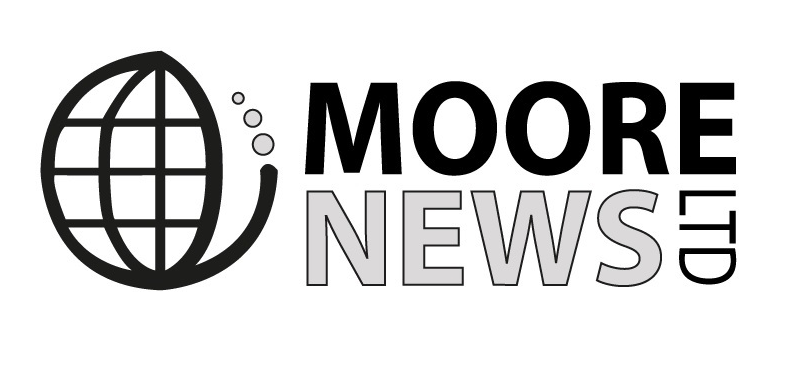The most traditional route to redress for unpaid commercial suppliers appears to be making a comeback, just as questions about an incoming one continue to be asked.
Updated in 2013, the 17-year-old late payment legislation that levies interest at 8% over the base rate on unpaid commercial debts has long been regarded with trepidation by the unpaid.
They fear that while they could use it to recover their fee plus the interest (with recovery costs since March 2013), the debtor – the client – will never use them as a supplier again.
A law firm has even told Moore News that suppliers should not charge interest under the Late Payment of Commercial Debts Act, until first they consider their relationship with the customer.
But now, that same firm is reporting a “gradual but encouraging rise” in the number of unpaid suppliers using the law to claim what they’re owed, plus interest.
In fact, the proportion of its clients lodging claims under the 1998 late payment legislation has risen from just 1% in 2005 to 24% this year, said Lovetts.
This means that about a quarter of the small firms used the law against clients in the year to April 2015.
Perhaps unexpectedly though, the volume of ‘payment demand’ letters sent on the firms’ behalf remains small, and is even smaller than in the previous two years.
“Confidence to take a stand against poor paying customers seems to be growing,” said Lovetts. “The need for payment appears to be overcoming the fear of damaging client relationships.”
The law firm’s boss Charles Wilson put the growing use of the act down to the addition of “reasonable recovery costs” - applicable to commercial debts incurred after March 16th 2003.
“This has made the act significantly more appealing”, said Mr Wilson. “[And] the entitlement to claim interest and compensation remains for six years on each and every invoice paid late.”
He was less positive about the government’s plan to introduce a small business conciliation service, on the basis that only 1% of the debts that his firm acts against are “disputed”.
“While this measure is a step in the right direction, it is not really addressing the problem,” Wilson said, in line with comments on the service by debt recovery specialist Safe Collections.
The lawyer added: “More realistic recoverable legal costs would further discourage late payers from risking court claims, and encourage the new culture that business so badly needs.”
Another debt collection company, Cashflow Rescue, has also expressed doubts about the conciliation service, partly because the firm says it won’t help SMEs left out-of-pocket by other SMEs.
Agents at the company also said: “We have no idea whether this service will have any ‘teeth’. We all know what a county court judgment is and the consequences of not abiding by it.
“But what about a ruling from the Small Business Conciliation Service? Will we be able to enforce it if a company still doesn’t pay up? If you have to go to court to obtain an enforceable decision what’s the point of using the Small Business Conciliation Service in the first place?”
An accountancy firm, Brookson, sounded more supportive of the service, but suggests that the concerns which suppliers traditionally have when pursuing clients over outstanding invoices will remain.
“Debt recovery processes are seen as a last resort due to the irreparable damage it causes to the party’s relationship and the cost,” said Carl Henning, the firm’s senior solicitor.
“The success of the conciliation service will be measured in terms of preserving relationship as well as securing payments. The question still remains as to who will pay for it.”




